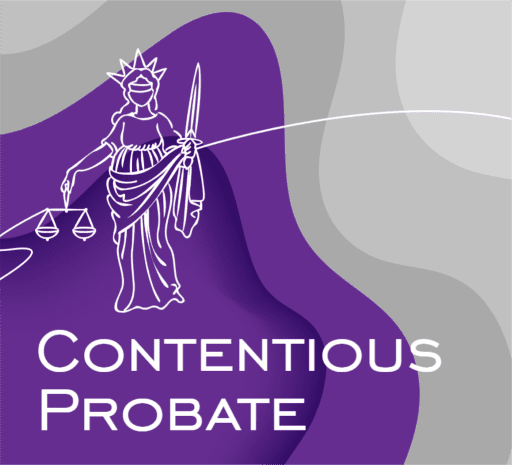Dealing with the death of a loved one is always difficult. However, such situations can be even more challenging if the individual in question lacked the mental capacity to handle their own affairs, prior to their death. In such cases, it is often possible to become a deputy, authorised by the Court of Protection to make decisions on the other person’s behalf.
If you have been appointed a deputy or are considering taking on such a position, it’s important to understand your obligations, entitlements and responsibilities. You must also think carefully about the type of deputy you will subsequently become and the affairs you will be expected to handle.
Whether planning ahead or in need of urgent assistance in the wake of a bereavement, we can help. Call Aristone Solicitors anytime for more information.
What Are Deputies and Guardians?
In England and Wales, deputies are those appointed to manage the affairs of individuals who, under the Mental Capacity Act, are not capable of making important decisions for themselves. Such individuals are referred to as guardians in Scotland, where the system works in a slightly different way.
If you are appointed a deputy in England or Wales, your responsibilities will be determined by the type of deputy you become:
- Property and financial affairs deputies – responsible for more practical issues in the party’s life, such as taking care of their savings, investments and outgoings.
- Personal welfare deputies – responsible for the party’s health and personal wellbeing, including authorising medical treatments, medication and so on.
Though anyone who knows the individual in question can be designated a deputy, the responsibility is usually handed to a close friend or family member. In all instances, it must be someone who can be implicitly trusted to make the right decisions at the right times.
If you have any questions or concerns regarding your current or prospective status as a deputy or guardian, please contact a member of the team at Aristone Solicitors anytime.
Disputes with Deputies and Guardians
Unfortunately, the job of the deputy or guardian can be made even more difficult by challenges and disputes. Each time you make a decision – financial, health-related or otherwise – there may be friends or family members of the party you represent who disagree with your actions and/or motives.
Even if you are fulfilling your duties to the best of your knowledge, you may face accusations to the contrary. This is particularly commonplace where wills, trusts and estate administration is concerned in the wake of bereavement.
At Aristone Solicitors, we can provide the legal support and representation you need to settle any disagreements all disputes you encounter along the way. For more information or to discuss your obligations as a deputy in more detail, contact Aristone Solicitors today.
Resolution Through Mediation
It’s important to note that the vast majority of disputes and disagreements – even those of a more severe nature – can be handled outside the courts. Just as long as you seek expert legal support at the earliest possible stage, most issues can be brought to a smooth and amicable conclusion with no court involvement.
Book your obligation-free initial consultation with a member of the team at Aristone Solicitors today, or email us anytime and we’ll get back to you as soon as possible.



